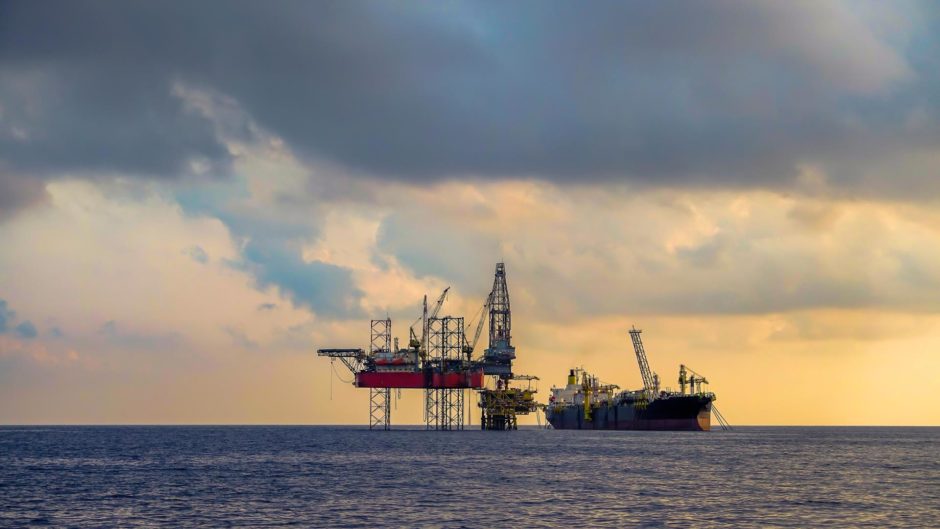
Orcadian Energy has taken “a really important step” on the way to pushing through its 80million-barrel Pilot field in the UK North Sea.
The firm, formerly known as Pharis Energy, has received a letter of no objection from the Oil and Gas Authority (OGA) to its concept select options.
The move allows Orcadian to press ahead with its field development plan for Pilot, which lies around 90miles east of Aberdeen.
Orcadian is seeking to press ahead with Pilot by using a floating production, storage and offloading vessel (FPSO), after announcing last month it had received three expressions of interest from companies to provide such a unit for the project.
Pilot would use polymer flooding to boost recovery of oil through more than thirty production and injection wells.
Orcadian is also working with engineering firm Crondall Energy to use a floating wind turbine to power the FPSO, supplemented by associated gas.
Chief executive Steve Brown said: “The letter of no objection for the concept select study from the OGA is a really important step in the progress towards the development of the Pilot Field.
“This is also particularly pleasing for us given the extensive work that the team have done to address the net zero aspects of the development.
“We believe the plan that we have developed, once executed, will ensure that the Pilot Field emissions will lie in the lowest 5% of global oil production, an incredible achievement and one in keeping with the drive to net zero whilst continuing to ensure energy security in the UK.”
Pilot was first discovered by Fina in 1989. Orcadian was awarded the P2244 licence in Block 21/27a in 2014 during the 28th Licensing Round, which contains the Pilot Main, Pilot South and Harbour discoveries.
Proven plus probable reserves are estimated at 79 million barrels.
Orcadian said the concept delivers a well optimised process heat management scheme and the use of a local wind power system, with efficient backup gas engines, would significantly reduce emissions.
Scope 1 and Scope 2 emissions over the life of field have been estimated by Crondall, to be 2.6 kgCO2e per barrel, about one-eighth of the North Sea average emissions in 2020 (20 kgCO2e/boe) and less than half of the lowest emitting oil facility currently operating on the UKCS.
Orcadian said it is now preparing a plan to advance the FDP and progress the project through the authorisation phase, with a particular focus on securing a contract for the provision of a a floating production, storage and offloading vessel (FPSO).
It announced in October that a short list of three providers have already been identified, and will be qualified by Crondall.
The company said that vessel selection would be a “crucial step” in the process of finalising the design for the rest of the development, and that the commercial terms offered by the contractors would fundamentally define the capital requirements of the project.
Orcadian listed on the AIM earlier this year and most recently farmed out a share of its Carra prospect, in licence P2320, to Carrick Resources.
The two companies are working towards a formal agreement before December 31, which would see Carrick take 50% of the central North Sea licence which is wholly owned by Orcadian.